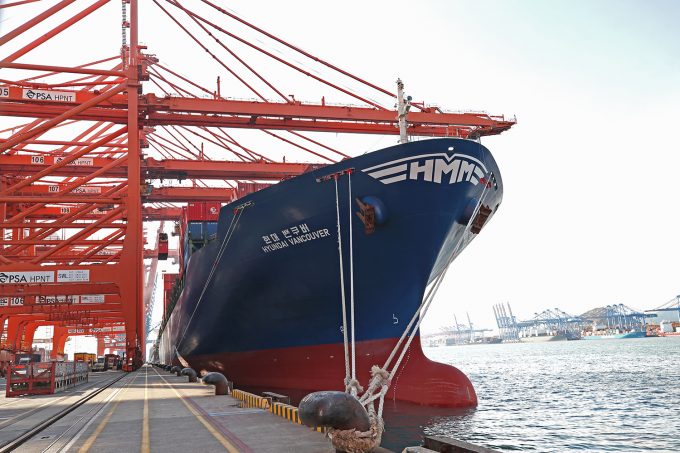Cambodia-Thailand spat sees land border closed, but ports remain open
Cambodia and Thailand’s ocean-based trading links appear to have remained open, despite a deteriorating political ...

An Illinois shipper is suing Taiwanese operator Yang Ming and South Korean carrier HMM, claiming they benefited from failing to meet contractual obligations and colluding to benefit from the breach of contracts.
The claim alleges that the two carriers have benefited so far by around $2.2m, ...

Comment on this article